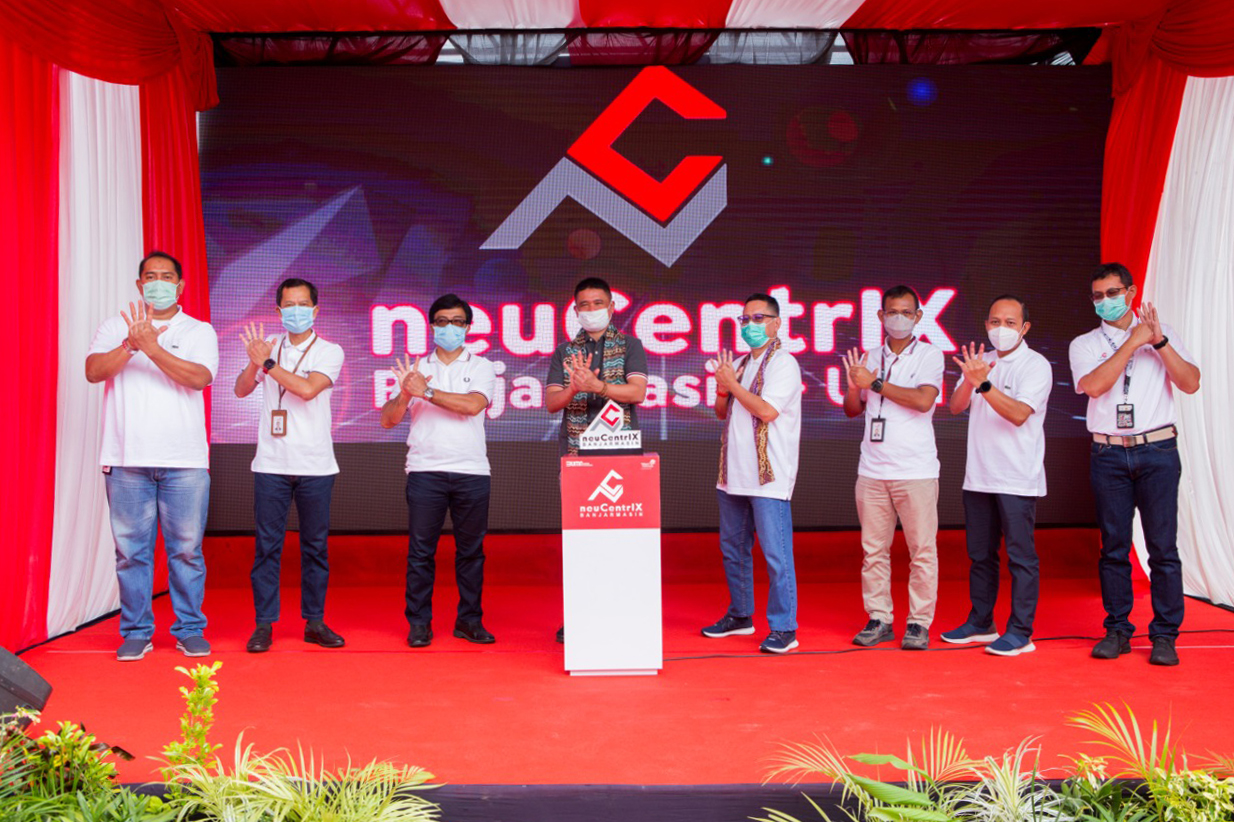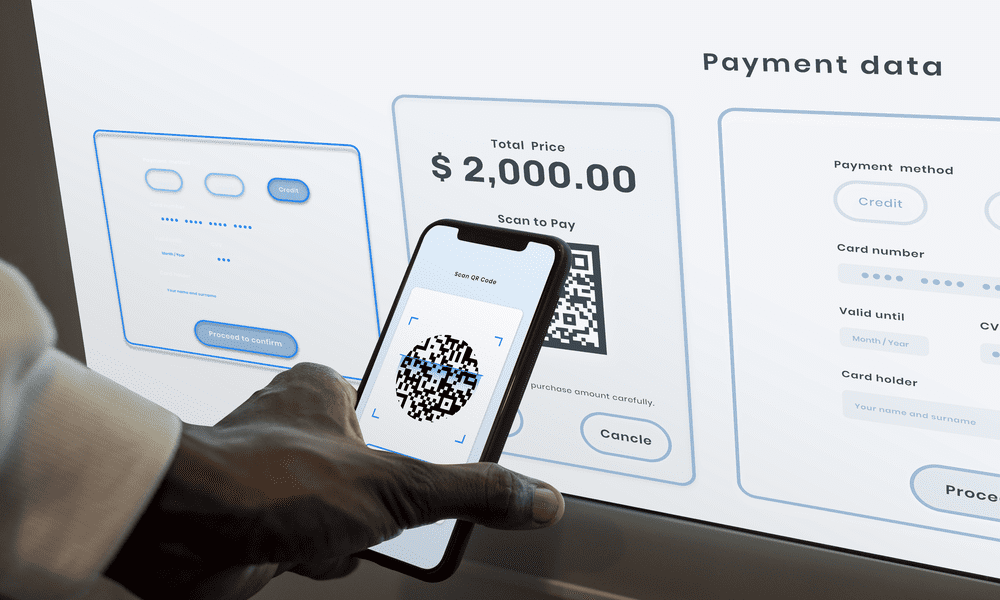The Utilization of Data Centers in The Education Sector

Our way of life keeps shifting in response to the pandemic, and we’re now more dependent on technology than ever before. Education systems, in particular, are being forced to adapt to remote learning on a grand scale. According to an article titled Indonesia’s Education Technology During COVID-19 and Beyond published in a blog by the World Bank, more than 530,000 schools in Indonesia are now closed, and 68 million students of all levels have been studying at home. This increasing need for interactive digital learning and tutoring plays an important role in the significant growth of EdTech platforms around the world like multinational G-Suite for Education and Microsoft for Education and local Ruangguru and Zenius.
Sadly, Indonesia’s education system isn’t well equipped for a quick and massive transformation to online learning, and EdTech isn’t yet accessible to all learners. Despite the increasing demand, Indonesia's EdTech sector has been facing various challenges that prevent it from achieving the level of success seen in other sectors and other countries. These challenges include the lack of digital literacy — particularly on the part of education providers, the low willingness to pay from schools and parents, the obscure responsibilities of local and central governments on new education tools provision, the limited public education system’s capacity, and the underdeveloped consumer protection regulations — particularly on data security and privacy. Two other major challenges are limited digital infrastructure and minimum connectivity in remote regions across the country. A lot of students in rural areas lack connectivity, and many lower-income students lack access to devices needed to use EdTech tools.
The Role of Data Center for Education Digitization
Data centers come as an essential piece of digital infrastructure which can scale up the digital operations in the education sector. Learning from 2020, data center providers have started establishing smaller data centers in multiple regions across the country to support edge computing. As edge computing provides high bandwidths, speedier networks, and low latencies, the availability of data centers in various areas will enable and accelerate widespread use of advanced technologies and applications, and will influence end-user behaviors and expectations. For example, it will help teachers encourage real-time interaction and communication, project management, and, whenever needed, educational games which are all useful for the education process. Adding to that, reliable data storage and data management lead to better performance of digital learning platforms. Data centers help education providers and EdTech platforms consolidate storage, streamline information management architecture, and reduce the risk of data loss.
Nonetheless, on-premises data centers might not be a facility that education providers, and even EdTech platforms, would like to build and manage on their own mainly due to space and resources availability. Colocation services come as an answer to the dilemma. There are three advantages provided by colocation data centers for education systems. Colocation services provide convenience by making sure providers and platforms gain all the benefits of data centers without the hassle of designing, building, maintaining, and managing them. By focusing less on the technicalities, they can focus more on research, developments, and innovations to create a better experience for both teachers and students. Colocation services also help providers and platforms control their expenses by eliminating capital expenditures and the financial burden of running in-house data centers. By colocating, they also get a predictable and affordable monthly expense which is easier to track. Adding to that, colocation data centers are built by professionals to provide necessary data security. They implement multi-layered security protocols, physical and virtual, to prevent unwanted data breaches.
In short, data centers have become an attractive alternative, if not a requirement, for digital transformation and innovations in the education sector. neuCentrIX, as a major provider in Indonesia, gives these benefits of colocation for education providers and EdTech platforms.

















